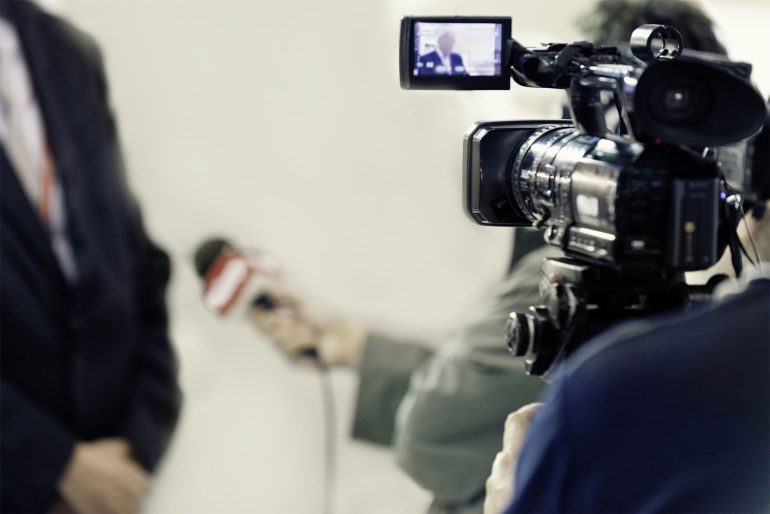Media interviews are high-stakes opportunities for executives to shape public perception, build credibility, and drive organizational goals. Yet, even seasoned leaders can find the spotlight daunting, especially when facing probing questions or crisis scenarios. Proper preparation transforms these challenges into opportunities, allowing executives to confidently deliver key messages and represent their organizations with authority. This explores essential steps and best practices for preparing executives for media interviews, ensuring they communicate with clarity, composure, and impact in any media setting.
Understand the Media and Audience
Preparation begins with thorough research. Executives should familiarize themselves with the specific media outlet, the journalist’s background, and the outlet’s audience. Understanding the publication’s tone, typical coverage, and the reporter’s style enables tailored messaging and helps anticipate the interview’s direction. Knowing who the real audience is—not just the journalist, but the viewers, readers, or listeners—ensures that the executive’s responses resonate and achieve the intended impact.
Define Key Messages and Objectives
Before any interview, executives must identify two to three core messages they want to convey. These messages should align with organizational goals and be crafted in clear, accessible language. Supporting each message with facts, proof points, or relatable stories makes them memorable and credible. Repeating key messages throughout the conversation increases the likelihood they will be included in the final coverage.
Conducting mock interviews is a critical step in building confidence and refining delivery. Simulated sessions with media-trained professionals allow executives to practice answering both expected and challenging questions. This rehearsal helps them stay focused, avoid rambling, and adapt their tone for different media formats—be it television, radio, or print.
Prepare for Challenging Questions

Executives should anticipate difficult or controversial questions. Practicing how to acknowledge tough topics, stay composed, and bridge back to key messages is essential. Bridging techniques allow leaders to address the question briefly, then pivot to their prepared points, ensuring the conversation remains productive and on-message.
Providing executives with a “cheat sheet” or press profile can be invaluable. This document should include talking points, supporting data, and reminders about the interviewer’s background. It helps executives feel prepared and offers quick reference during the conversation. For added support, PR teams should coach executives on presentation skills, body language, and maintaining composure under pressure.
Focus on Clarity, Conciseness, and Authenticity
Media interviews demand clear, concise communication. Executives should avoid jargon and corporate speak, opting for everyday language that connects with audiences. Authenticity builds trust, so it’s okay to admit when they don’t know the answer—offering to follow up later demonstrates honesty and professionalism.
Prepare for Crisis Scenarios
In crisis situations, media interviews can define an organization’s reputation. Executives must be transparent, stick to the facts, and communicate the steps being taken to address the issue. Having a crisis communication plan and practicing its execution ensures leaders are ready to respond decisively and maintain stakeholder trust.
Preparing executives for media interviews is a strategic investment in organizational reputation and leadership credibility. By mastering the media, developing clear messages, practicing rigorously, and staying composed under pressure, executives can turn every interview into an opportunity for positive impact.

